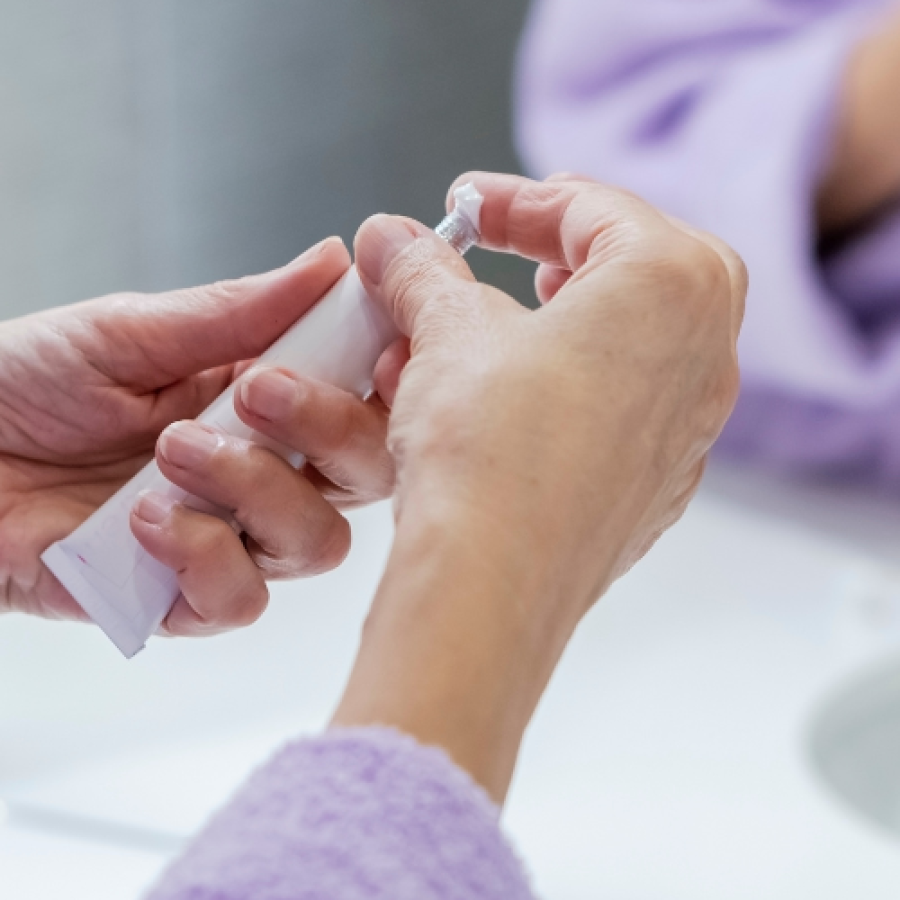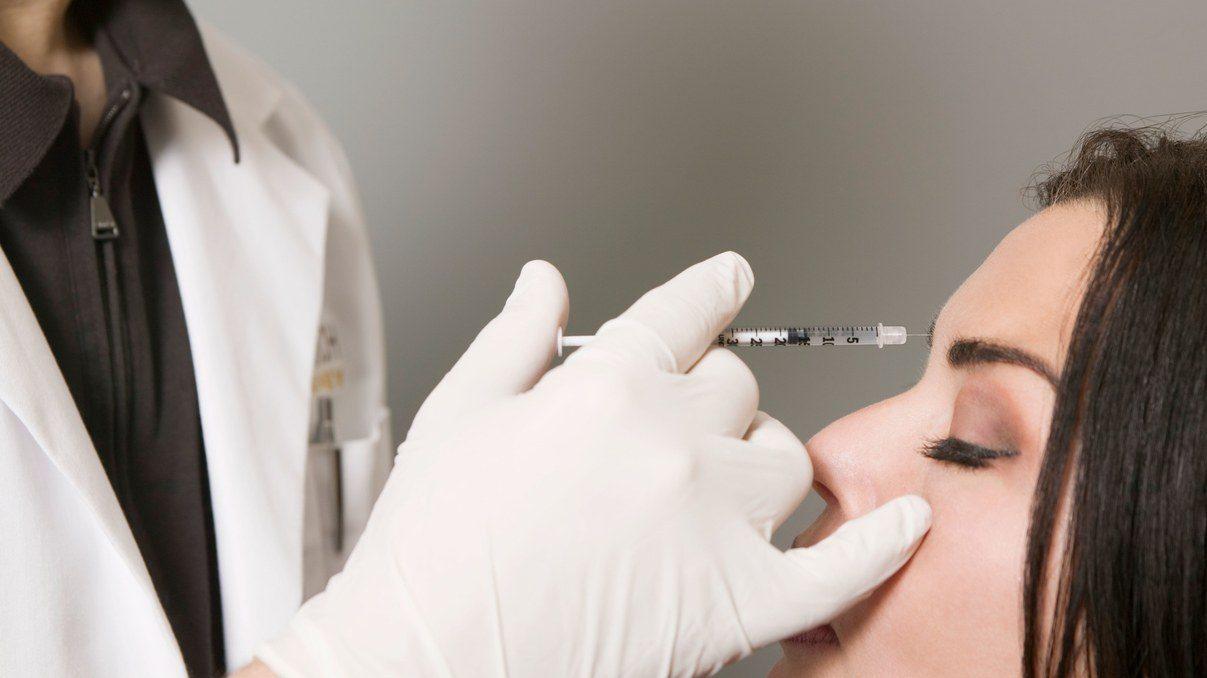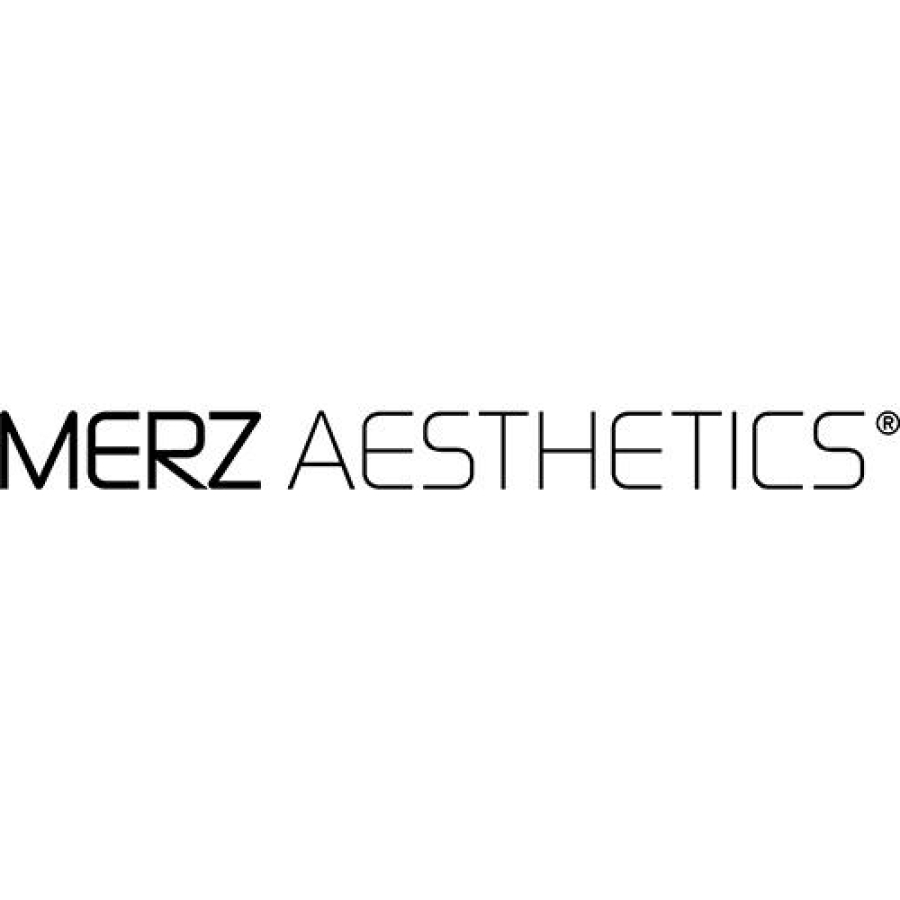
Clinical
How to Talk to Your Patients About BHRT
By Belmar Pharma SolutionsYour bustling, successful practice is full of women who really care about their appearance, and they trust ...
Posted By Madilyn Moeller, Monday, January 20, 2025

With Alexa Nicholls Costa, NP, and Alexandra Rogers, NP, LexRx
Botulinum toxin and dermal filler treatments are often referred to as “injectables” in the industry. Each of these procedures has safety concerns related to the administration, needle safety, and complications and side effects specific to the formulation of the product that is being injected. Neuromodulator injections are used to reduce wrinkles by temporarily blocking the neurotransmitters from signaling muscles in the area to contract. The effects of neurotoxin last three to six months, depending on the product used.
Hyaluronic acid dermal fillers are used to restore volume at the injection site; hyaluronic acid is a molecule found naturally in the skin that retains water and helps the skin stretch and flex. Injectables are standard fare in medical spas and can be safe treatments, when performed in regulated environments by licensed, trained and responsible medical professionals practicing under the appropriate supervision.
Alexa Nicholls Costa, NP, and Alexandra Rogers, NP, co-founders of LexRx, share their insight on the safety of dermal filler and neuromodulator injections, and how med spas keep patients safe when performing these treatments.
Click here to read an overview of the safety of top non-invasive medical aesthetic treatments.
LexRx: Like any medical treatment, there are risks with injectables. Adverse events are common with HA filler and can range from mild to severe, although most of the adverse events related to these procedures are mild and transient. Most commonly, clients will experience some redness at the injection site, mild bruising and/or swelling. The more severe adverse reactions which are rarer include vessel occlusion/necrosis, even vision loss and stroke. Hyaluronic acid-based dermal filler is reversable with Hyaluronidase (an enzyme that breaks down hyaluronic acid). It is crucial that the injector has hyaluronidase on site at the practice location and practices with anatomy and safety at the forefront. It is also important to know the client’s full medical history, including lifestyle, allergies, medical conditions, and knowing the contraindications to treatment in order to determine candidacy.
LexRx: Neurotoxin injections/treatments have a high safety profile and yield few adverse events, most commonly bruising and swelling at the injection site. Serious complications are rare. The injector should be a licensed provider with comprehensive training in the field. Like with any medical procedure, there are potential risks/complications with neurotoxin injections, including but not limited to temporary muscle weakness, poor aesthetic outcome, allergic reaction. Knowing the client’s medical history and understanding the contraindications to treatment, in addition to proper training and technique will mitigate these potential poor outcomes.
LexRx: Providers should have extensive knowledge around human facial anatomy, understand the limitations of the products they are using, and have adequate training in the products they are offering to their providers. Practices and providers can also utilize ultrasound machines in their practice to further guide their injections in addition to practicing safe injections techniques.
LexRx: Providers should be trained adequately in the services that they are offering. They should have both didactic and hands-on experience in their field and treatment offerings. They should utilize safe injection techniques for example slow and steady injections, under ultrasound guidance if and when necessary, and with aspiration. Injections should be performed in a clean and safe environment with FDA-approved product and proper training.
LexRx: Injectables treatments have very little downtime. Post-treatment for neurotoxin includes no strenuous activity/exercise or laying down flat for a period of time, no tight hats or headbands, and no facials. Avoid pressure in the areas that were injected. Some individuals may experience a mild tension headache for which they can treat with OTC medications. Hyaluronic acid dermal filler products also have minimal downtime, and include icing to bring down swelling and looking out for any signs of changes in the skin that may need immediate follow up. Clients should avoid saunas/steam rooms and direct sun exposure post-treatment, and should not be traveling a far distance that their provider may not be comfortable with. In Spring 2024, patients in several states experienced illnesses similar to botulism from what may have been counterfeit product.
LexRx: Patients have every right to ask to see the product and watch their injector draw the product up prior to injecting to ensure that it is an FDA-approved product. Each neurotoxin brand has unique symbols and/or trademarks and identifying qualities that differentiate the true brand from a counterfeit product (i.e. holograms, lot numbers, expiration dates). The brand should be clearly labeled without any inconsistency in spelling or image quality. Clients can do their research at home and determine what they need to look for when they ask their injector to see the product for themselves. Always verify the provider’s credentials, ensuring that they are a licensed provider in the state and authorized provider by the manufacturer of the product if possible. Clients can even contact the manufacturer directly to confirm the lot number to verify authenticity. Be wary of unusually low prices, unclear answers from your injector, and inconsistency within the practice space.
LexRx: It is important that the client does their own research before choosing a provider and practice for their injectables treatments. The injector should have an active nursing or medical license to practice within the state, and extensive training in injectables. The client can and should ask about where the injector was trained and educated, and the client from there can do their research based on the information gathered. During the consultation process, the client can utilize this time as an interview of their injector and gather information about the provider and the practice. The client can also ask questions related to the products they use (i.e. do they have HA based filler and do they have hyaluronidase on hand). Providers should also have a 24/7 phone line that the client can access at any time if need be.
Alexa Nicholls Costa, NP, is a board-certified nurse practitioner and co-founder/CEO of LexRx and Inject With Lex. LexRx was founded in 2015 and has scaled to five brick-and-mortar locations in Massachusetts—Beacon Hill, South Boston, Nantucket, Charlestown and a Seaport pop-up—all while remaining 100% founder-owned, cash-flow positive, and without outside investment or business loans. She has immense clinical and research experience in plastic surgery at Massachusetts General Hospital, where she trained alongside the division chief and lead nurse practitioner. Nicholls Costa is also faculty for Galderma’s GAIN Business division.
Alexandra Rogers, NP, is a board-certified nurse practitioner and one of the leading ladies of LexRx. She worked at Harvard Vanguard Medical Associates in the Adult and Pediatric Urgent Care Center, and then transitioned to managing her own urgent care clinic. In these roles, Rogers was exposed to many complex medical problems and gained immense clinical insight. After graduate school, she received formal certification through AMET for injectables. Her strong foundation in urgent/emergency medicine has evolved into a flourishing career as a nurse practitioner and trusted provider. As co-founder of LexRx and Inject With Lex, Rogers was the lead instructor at Northeastern University for the nation’s first university-hosted injectables training program. As a key opinion leader in the industry, Rogers has been an invited speaker at numerous industry conferences. Rogers also co-launched an injectables program at Boston College.
Disclaimer: The information and answers contained in this section provide a general guide to services that are offered by "medical spas”. The information contained on this site is for general reference only. This information is not intended to provide medical or legal advice, and it should not be relied upon as medical or legal advice. This information is not intended to create, and receipt of it does not constitute, a practitioner-patient or attorney-client relationship. Readers: You should not act upon this information without seeking a knowledgeable healthcare provider or legal counsel that takes your individual medical history and jurisdiction into account. All uses of the content of this site, other than personal uses, are prohibited.
Related Tags
Medical spa news, blogs and updates sent directly to your inbox.

Clinical
By Belmar Pharma SolutionsYour bustling, successful practice is full of women who really care about their appearance, and they trust ...

Clinical
Win Free Exosomes → Simply Register for the Free Exosome Masterclass By MedResultsIn today’s rapidly evolving aesthetic landscape, one ...

Clinical
With Molly Muecke, RN, MSN, NP-CMicroneedling is a popular aesthetic treatment offered in 79% of med spas (2024 Medical Spa ...

Clinical
On November 5, 2025, Merz Aesthetics announced that Ultherapy PRIME® gained U.S. Food and Drug Administration (FDA) clearance to improve ...